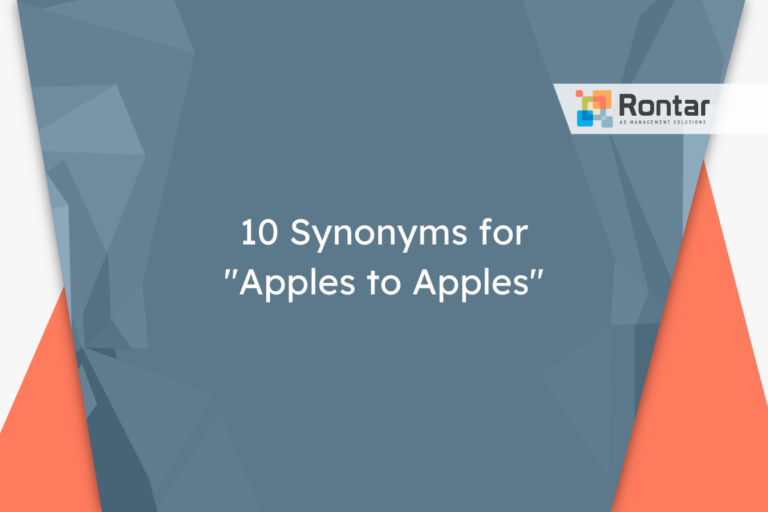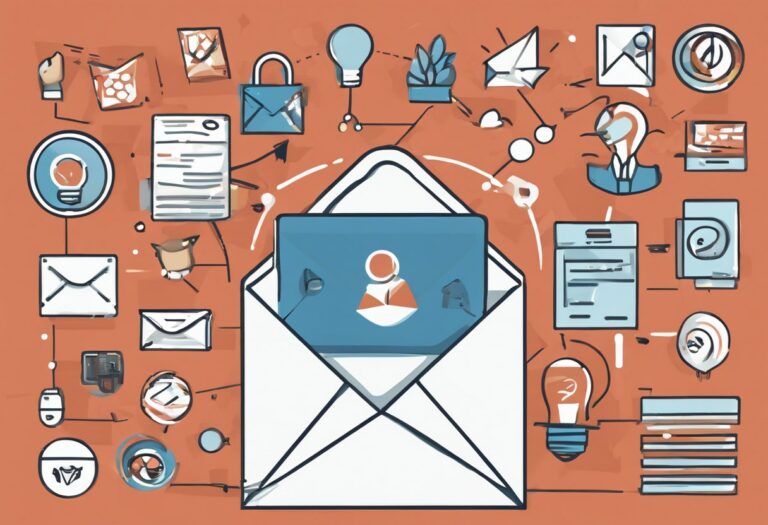10 Other Ways to Say “Could You Please Let Me Know”

If you’re tired of using “Could you please let me know” in every email, you’re in luck. We’ve compiled a list of 10 different ways to say the same thing, helping you keep your emails fresh and respectful.
Is It Professional to Say “Could You Please Let Me Know”?
The phrase “could you please let me know” is considered professional, formal, and polite. It is a respectful way to request information or confirmation from someone.
It’s appropriate to use this expression with various recipients including colleagues, managers, clients, and other professional contacts. Whether you’re communicating via email, a formal letter, or even during a professional meeting, using this phrase can signal respect for the recipient’s time and input.
Here’s an example:
Dear Ms. Thompson,
I am writing to inquire about the updated timeline for the project we discussed last week. Could you please let me know if there have been any changes or adjustments I should be aware of?
Thank you for your time and assistance.
Best regards,
Emily Larson
Let’s look at the pros and cons of using this phrase:
Pros:
- It demonstrates respect and politeness in communication.
- Helps to maintain a professional tone in workplace interactions.
- It is versatile and can be used in various contexts.
Cons:
- May be perceived as overly formal in casual work environments.
- Can be considered vague without specifying what information is needed.
Sometimes, one might want to use an alternative phrase to “could you please let me know” to match the tone of their message more closely with the communication style of their workplace or to be more specific in their request.
10 Other Ways to Say “Could You Please Let Me Know”
When you’re looking to mix up your email language, consider these 10 alternatives to “could you please let me know”:
- Can you inform me
- Please update me
- Would you mind updating me
- Can you provide more details
- I’d appreciate your feedback
- Kindly let me know
- Could you clarify
- Would you be so kind as to update me
- Can you share the information
- Do let me know, please
1. Can you inform me
This alternative is very direct but remains professional and polite. It’s slightly less formal than “could you please let me know”, making it a good fit for messages where you have an established rapport with the recipient. It conveys the need for information succinctly.
We recommend using this alternative in emails or messages within your team or with colleagues you are familiar with. It’s suitable for professional, yet not too formal, communication channels.
Example:
Dear Mark,
I understand you attended the quarterly strategy meeting. Can you inform me about the discussed changes to our project timelines?
Best,
Samantha
2. Please update me
This phrase is straightforward and professional, emphasizing the request for an update. It’s relatively informal but polite, making it versatile for various professional situations. This alternative is clear and to the point.
Use this in emails or direct messages when you’re seeking updates on projects, tasks, or decisions from colleagues, subordinates, or even superiors. It fits well in a professional but slightly less formal context.
Example:
Hello Brian,
As the deadline approaches, please update me on the status of the report.
Thank you,
Alicia
3. Would you mind updating me
This option is more formal and polite due to its indirect question format. It’s softer and may be perceived as less demanding than the original phrase. This is a synonym that maintains professionalism in communication.
Suitable for professional emails or messages to both superiors and colleagues, especially when you wish to be respectful and not too imposing. It works well in formal correspondence.
Example:
Dear Dr. Reynolds,
I hope you're well. Would you mind updating me on the progress of the research paper?
Kind regards,
Lisa
4. Can you provide more details
This alternative is straightforward and focuses on obtaining additional information. It suggests that more context or clarification is needed, making it professional and polite. This phrase is slightly more specific than the original.
It’s well-suited for professional scenarios where more detailed information is required to move forward with a task or decision. This phrase can be used in emails and messages across various levels of formality.
Example:
Hi Thomas,
Regarding your last update, can you provide more details about the client's feedback?
Thanks,
Emily
5. I’d appreciate your feedback
This alternative is very polite and carries a softer tone. It’s less about seeking information and more about valuing the recipient’s opinion or input. It’s professional and suggests that the sender respects the recipient’s perspective.
Best used when soliciting opinions, suggestions, or feedback in a professional setting. It’s perfect for communication with colleagues, mentors, or clients where their insight is being requested.
Example:
Dear Anna,
I've attached the proposal for the upcoming campaign. I'd appreciate your feedback.
Warm regards,
Jordan
6. Kindly let me know
This phrase is a synonym to the original but carries a slightly more formal and polite tone. It asserts the request in a gentle manner, making it ideal for interactions where courtesy is paramount.
Use this in formal emails or messages, especially when addressing superiors or clients. It’s suited for situations where maintaining a high level of professionalism and respect is important.
Example:
Dear Mrs. Wallace,
Could you review the attached document at your earliest convenience? Kindly let me know your thoughts.
Sincerely,
Liam
7. Could you clarify
This alternative is straightforward and seeks precise information or clarification. It is professional and polite but is more specific than the original phrase. It indicates a desire to understand more clearly or to gain additional insights.
We recommend using this when you need specific details to be elaborated on or confusion to be cleared up. Ideal for emails and professional messages where clarity is crucial for effective communication.
Example:
Hello Jenna,
Regarding the statistics you shared in the meeting, could you clarify how the figures were calculated?
Best,
Derek
8. Would you be so kind as to update me
This phrase is notably more formal and polite, adding a level of courtesy to the request. It’s a respectful way to ask for information, making it suitable for professional interactions where a high level of respect is required.
It’s particularly effective in formal emails, notably when communicating with higher-ups or external partners. This alternative conveys respect and patience in waiting for the requested update.
Example:
Dear Professor Smith,
I am eager to learn the outcome of the review committee's decision. Would you be so kind as to update me on their verdict?
Yours truly,
Oliver
This alternative is direct and to the point. It’s professional but leans towards a more casual tone, making it a versatile option for various types of correspondence. This phrase straightforwardly requests information sharing.
Suitable for professional environments where you have an established rapport with the recipient. It works well in emails or messages aiming for a direct but respectful tone.
Example:
Hi Carlos,
We're updating the client database. Can you share the information on your recent interactions?
Cheers,
Tina
10. Do let me know, please
This alternative adds an extra layer of politeness to the request. It’s both professional and polite, using “please” to soften the command. This version is slightly more formal due to its structure.
It’s appropriate for use in emails or messages when you want to convey respect and courtesy. This phrase is well-suited for communications with clients, senior colleagues, or external partners.
Example:
Dear Veronica,
We're finalizing the guest list for the event. Do let me know, please, if you have any additions.
Thank you,
Felix
Final Thoughts
Choosing the right words for your professional emails is important. It keeps your communication polite and effective. With these 10 alternatives to “Could you please let me know”, you now have a variety of ways to ask for information or updates.






